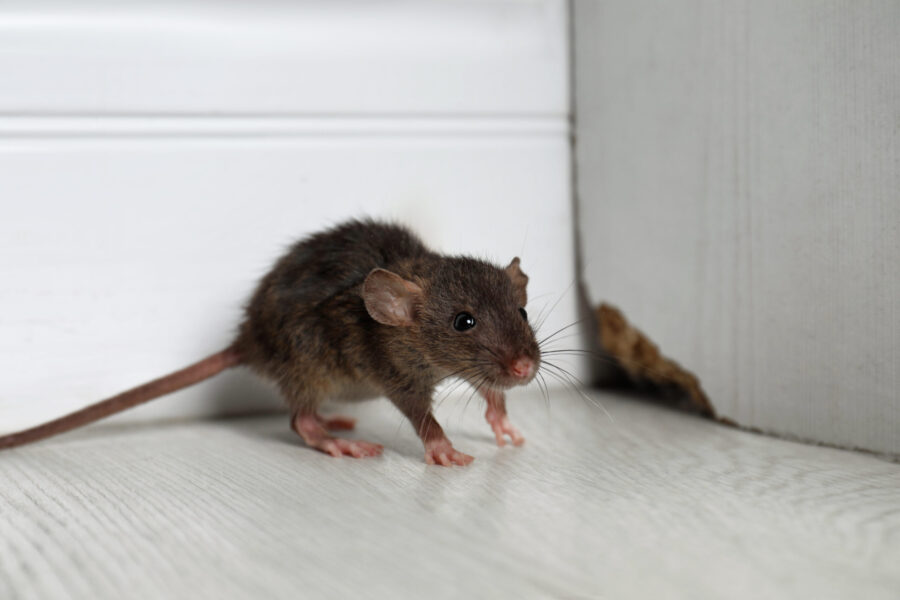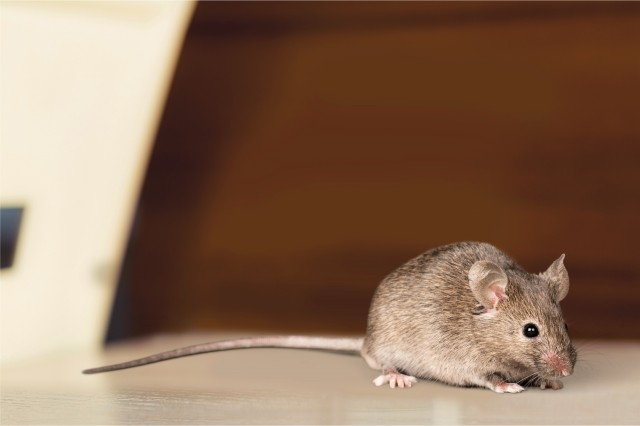In the competitive world of retail, maintaining a clean and safe environment is crucial for business success. One of the biggest challenges retail chains face is implementing effective pest prevention strategies. Effective pest management ensures the health and safety of customers and employees, protects products, and maintains brand reputation. In this article, we dive deep into the essentialities of pest prevention in retail chains and explore strategic approaches to tackle this pervasive issue.
The primary keyword, which is pest prevention in retail chains, is not just about keeping pests away; its about creating a proactive environment that prevents any pest from entering the premises. Retailers need to take robust measures to secure their facilities and avoid costly repercussions of ignored pest threats.

Why Pest Prevention is Crucial in Retail Chains
Any retail business, from small boutiques to large chain stores, is susceptible to pest infestations. Pests such as rodents, insects, and birds can cause extensive damage to property, stock, and reputation. This threat is exacerbated in sectors dealing with food and grocery products. Additionally, health regulations and standards demand strict measures in pest control.
Pests not only lead to product contamination but also impact customer perception. A visible pest problem could lead to negative reviews, declining sales, and even legal consequences. Retailers can lose credibility and trust, which are critical for maintaining a loyal customer base.
Developing a Proactive Pest Prevention Plan
To keep retail spaces pest-free, businesses should adopt a proactive approach. Here are some essential elements of a successful pest prevention plan:
1. Regular Inspections
Regular inspections are fundamental for identifying pest threats before they escalate. Hiring professional pest control services to perform routine checks can make all the difference. These experts can spot potential problem areas that may not be obvious to untrained eyes. An article on pest detection in commercial kitchens highlights the importance of periodic inspections.
2. Employee Training
Employees should be trained to recognize signs of pest activity. Training programs can include information on identifying droppings, nests, damage to products, and unusual smells. Knowledgeable staff form the first line of defense in pest prevention.
3. Sanitation and Maintenance
Keeping retail environments clean and well-maintained can discourage pests. Regular cleaning schedules, proper waste management, and addressing maintenance issues like leaks and cracks are vital. An insightful article on pest monitoring systems for warehouses further elaborates on how sanitation plays a role in pest control.
Utilizing Technology for Modern Pest Management
Technological advancements have introduced new methods and tools for improved pest management. From smart traps to AI alerts, retailers can leverage these innovations for more efficient pest control.
Modern solutions such as AI rodent alert systems and smart traps provide real-time monitoring and data analysis to address pest issues. These systems are invaluable for gathering insights and devising more informed pest control strategies.
Partnership With Professional Pest Control Providers
For comprehensive pest management, retail chains often benefit from partnering with professional pest control providers. These experts offer tailored solutions and services tailored to specific needs and risks.
In addition to their expertise, these providers frequently update their methods as new pests and challenges arise, ensuring that businesses are always protected. Valuable guidance can also be found in articles like signs of rodents in warehouses, which stress the importance of professional intervention when pest signs are detected.
Challenges and Solutions in Pest Prevention
While proactive measures are essential, retailers may still face challenges such as constant supply chain shifts, customer traffic, and varying pest behaviors due to changing climates.
Solutions include:
- Adaptable pest control plans that respond to changing conditions.
- Regular employee training updates.
- Technology implementation for ongoing pest monitoring and alerts.
More about effective pest control can be read in an external resource on warehouse pest control.

FAQ: Common Concerns in Pest Prevention
1. How can pest infestation impact my retail business?
A pest infestation can damage stock, cause health and safety violations, and harm your brand reputation. It may also lead to significant financial losses.
2. What are some effective pest prevention tips for retailers?
Regular inspections, good sanitation practices, employee training, and using modern technology like AI and smart traps are effective strategies.
3. Is partnering with professional pest control providers necessary?
While not absolutely necessary, professional pest control services offer expertise, updated methods, and tailored strategies that significantly benefit retail chains.
This article contains affiliate links. We may earn a commission at no extra cost to you.
